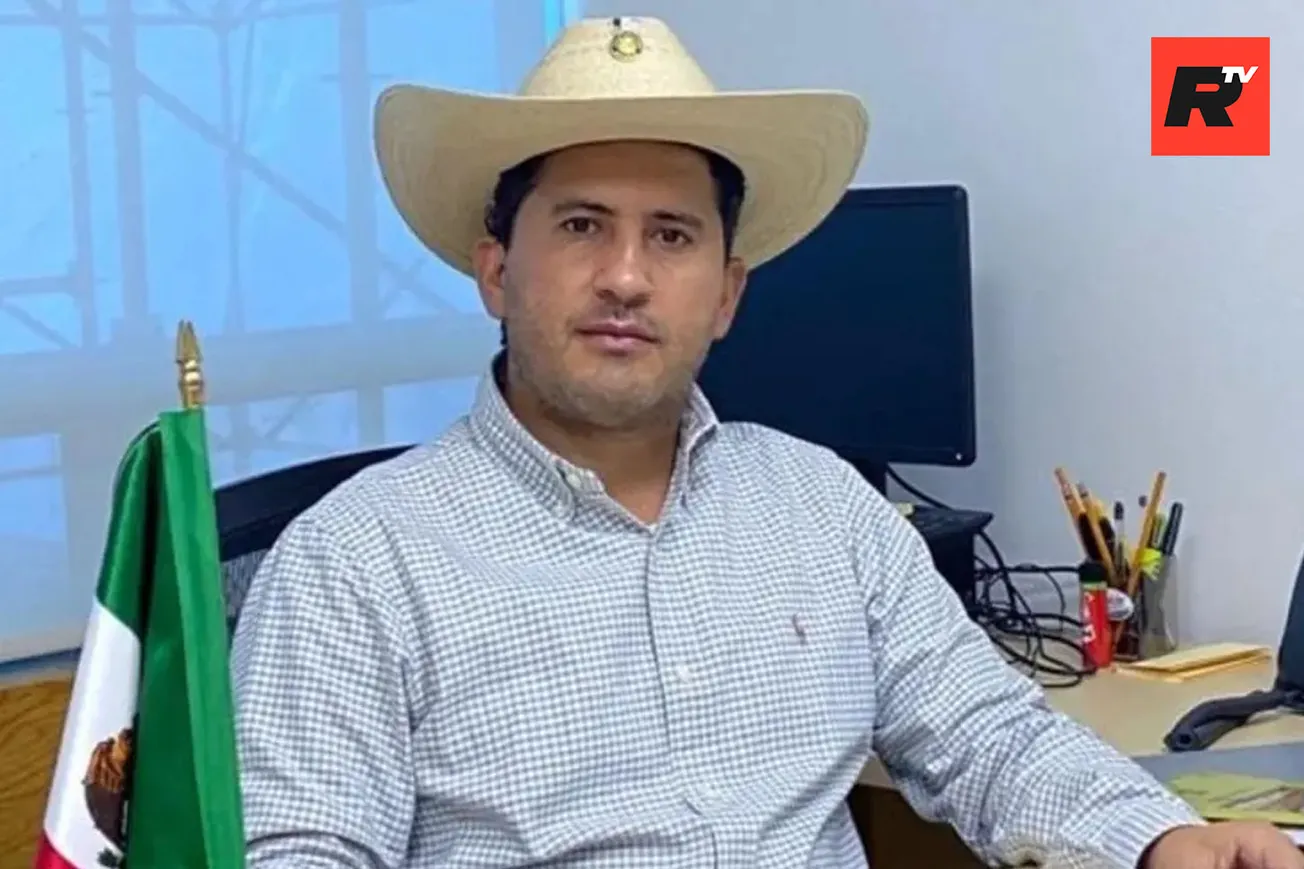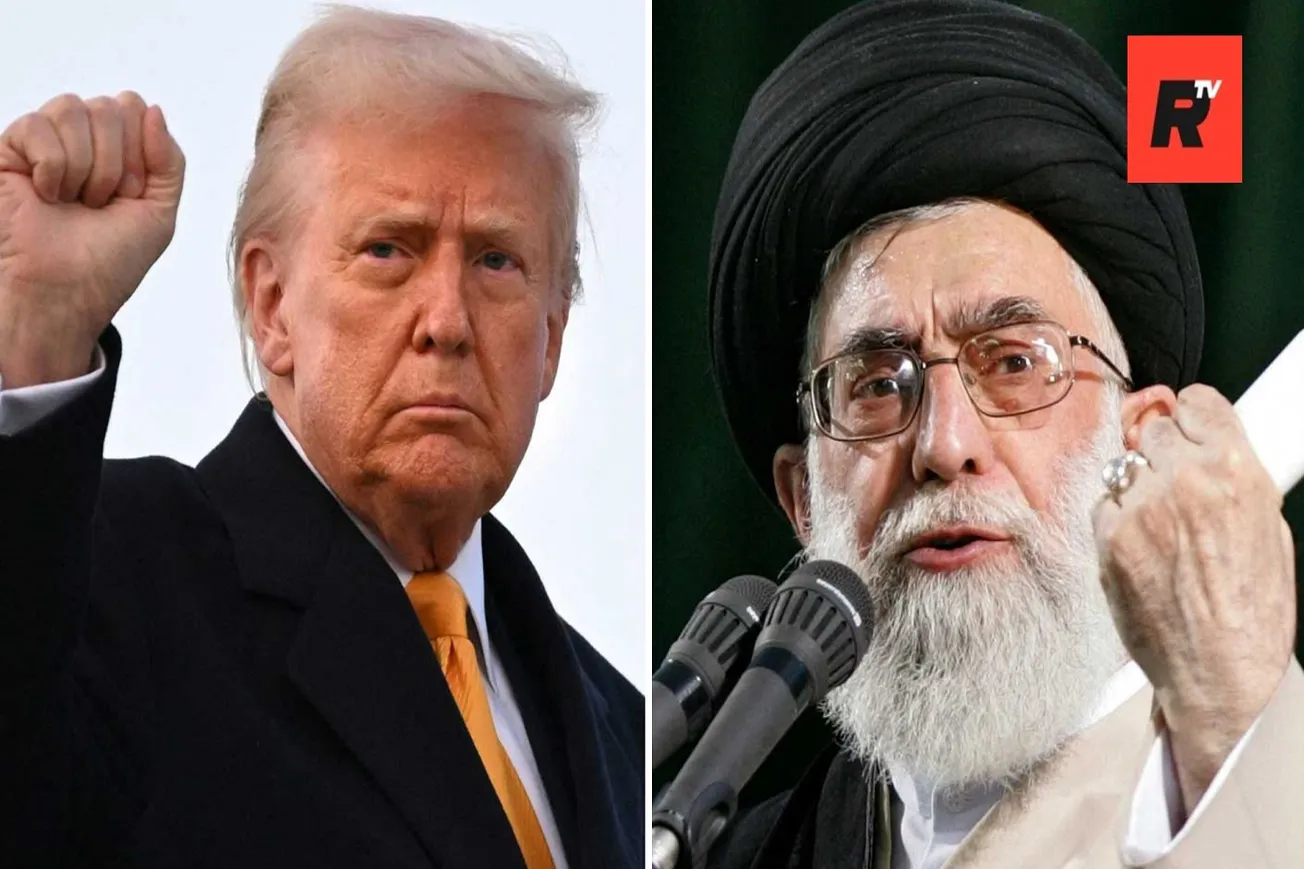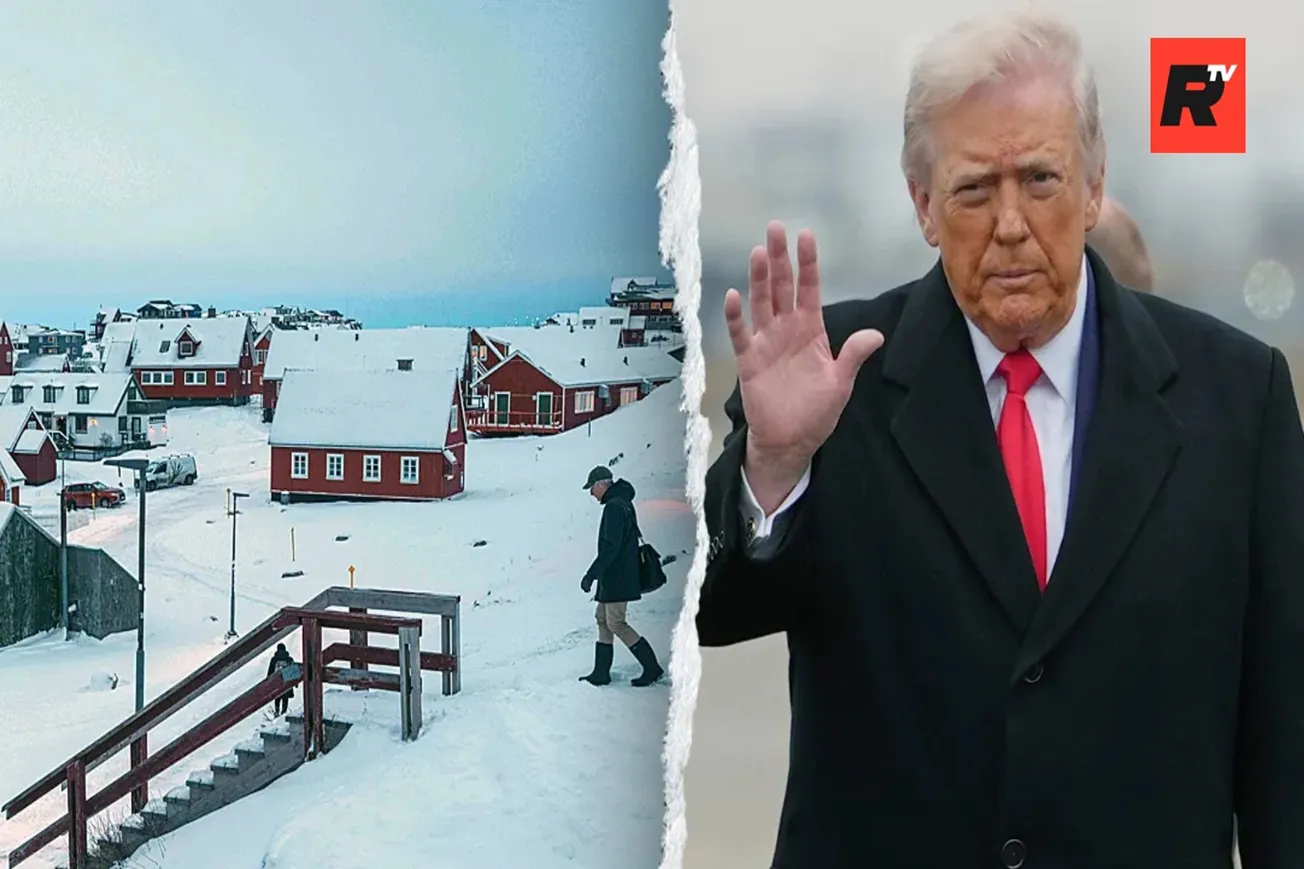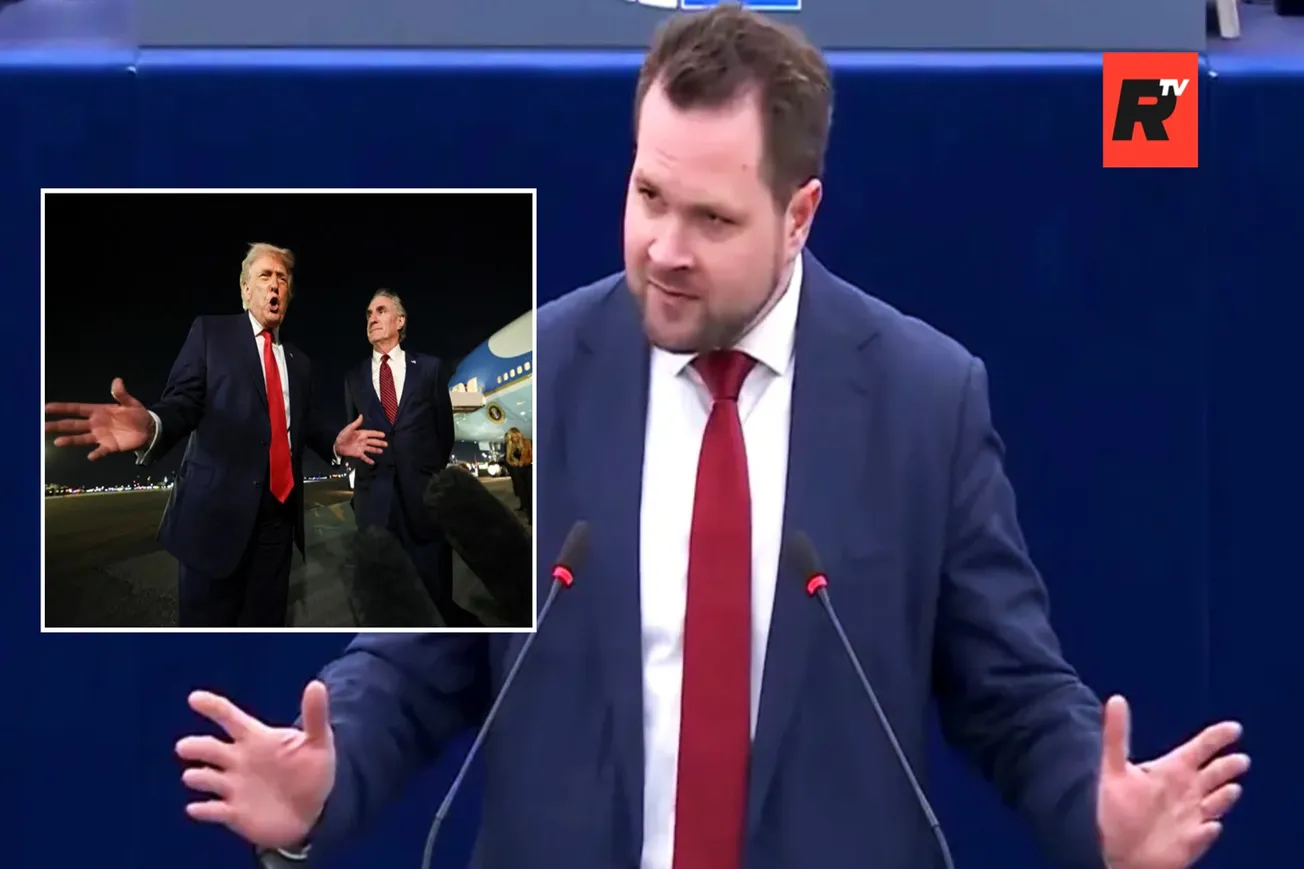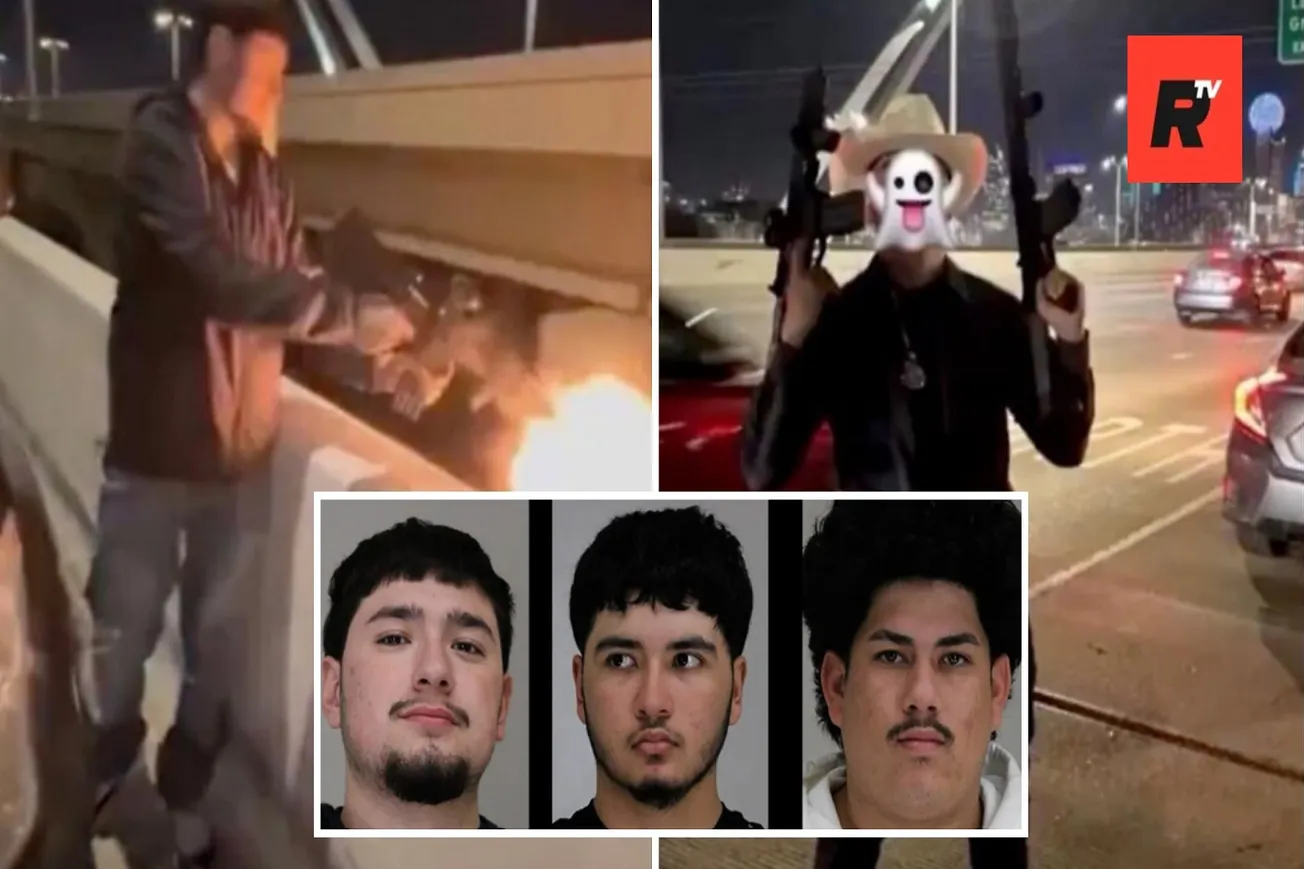Table of Contents
The recent assassination of Uruapan Mayor Carlos Manzo has unleashed interesting speculations and theories in the intelligence community. While local cartels are often blamed for suspicious and criminal activity in Michoacán, questions about whether foreign intelligence operations played a larger role are growing.

“When you look at U.S. and Israeli operations abroad, the blueprint is always the same: deniable strikes, proxies, and precision targeting of strategic individuals,” said a geopolitical analyst speaking on conditions of anonymity.
During the brief Iran—Israel war this year (the 12-day war) it was reported that IDF operatives were deployed on the ground in Iran, while workshops, run by Afghans in Tehran, were shut down. Likely funded and coordinated by the U.S., these operations demonstrate a model of covert intervention.
The U.S. has a historical track record of clandestine influence in Latin America. Washington is known to reshape local political landscapes when strategic interests are at stake by means of, but certainly not limited to, backed coups and proxy campaigns.
It is important to keep in mind that Michoacán is a critical hub for cartel power, migrant routes, and strategic commerce or cross-border trade.
"This assassination fits a disturbing global pattern,” says Dr. Laura Méndez, a Latin American security expert. “Foreign intelligence rarely acts overtly. They manipulate existing violence to achieve strategic goals quietly.”
Some theories suggest that Manzo may have been viewed as a threat to broader interests. With a larger focus on regional security plans, cartel dealings, and intelligence operations, eliminating Manzo under a cartel narrative could actually shift local power dynamics while remaining under the radar.
While there is no public evidence at this moment, linking the U.S. or Israel to this assassination, the theory is based on pattern recognition. Method, timing, regional significance, all mirror historical operations attributed to foreign intelligence.
Historical operations to consider:
- Guatemala (1954): U.S.-orchestrated overthrow of Jacobo Árbenz.
- Chile (1973): CIA-backed coup against Salvador Allende.
- Venezuela (2019–2023): Proxy campaigns and political pressure to influence leadership transitions.
Several more controversial operations include:
- Venezuela (2020): Gideon Operation or, Operation Edgemont. Largely tied to the current U.S-Venezuela conflict.
- Ukraine (2014): Maidan Revolution regime change.
These undeniable interventions illustrate how the U.S. has historically shaped regional politics.
Another factor to consider are the protest and riots that have followed the assassination. Civil unrest is often created and/or exploited to create instability, weaken local institutions and overwhelm local authorities to open space for covert operations. Creating this environment helps to insert assets, recruit informants, collect intelligence, and influence local factions without detection.
This type of unrest may also justify deeper foreign involvement or intervention under the banner of "security cooperation."
This could potentially allow the U.S. government further access to Mexican intelligence networks.
The assassination and riots provide cover for clandestine activity while additionally offering plausible deniability. Violence can be blamed entirely on cartel and/or political anger.
The potential strategic advantage of U.S. intelligence assets creating or attempting to influence or exploit the current unrest in Mexico is multilayered.
The timing of this civil conflict inside Mexico overlaps with major geopolitical flashpoints. Iran is currently undergoing intense political disruption and Israel is preparing renewed conflict against Hamas. Heightened U.S.-Mexico border chaos could provide a distraction, diverting public and media attention away from sensitive U.S. military covert activity unfolding in the Middle East. With the Israeli government currently under significant scrutiny, this would appear to be a high probability of benefit.
Additionally, creating a further political optic that pushes a "violent Mexico" narrative has potential to bolster ICE and immigration policies, including the push for a digital ID passport.
Perhaps the most critical benefit to explore is how Mexico’s control over silver exports could bring significant disruption to the U.S. economy. Mexico is responsible for roughly 25% of the global supply of silver. The Mexican government has been enacting new mining laws, nationalist policies, and potential export restrictions that threaten to disrupt the global silver market. This has the potential to cause market chaos, including weakening defense supply chains, and pushing the U.S. into deeper dependence on China for critical materials.

